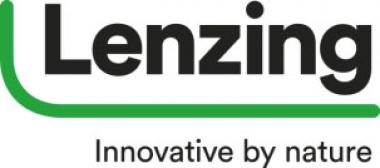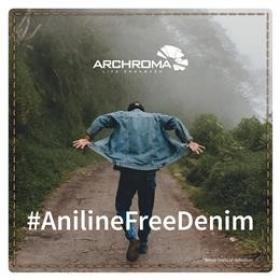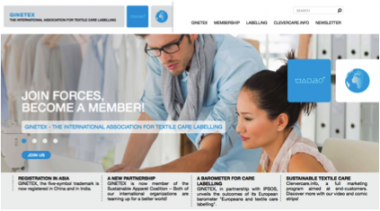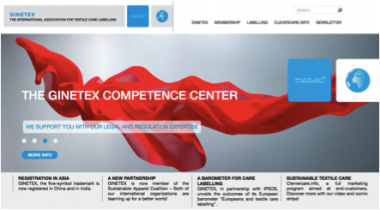Innovate or die: TMAS at ITMA 2019
A focus on customer service, aligned with the drive to constantly innovate, has long ensured that the member companies of TMAS – the Swedish texile machinery manufacturers’ association – stay well ahead of the curve.
“All of the Swedish textile machinery companies are doing really well in major markets such as Europe, China, India and the USA,” says TMAS Secretary General Therese Premler-Andersson. “They are now gathering forces to prepare for the most important show – ITMA 2019 in Barcelona in June. I expect to see new players and partnerships as we enter the industry 4.0 era for real. We are ready to display an even higher degree of the real time monitoring of processes, automation, flexible customisation, and the incorporation of robots into production lines. Our customers expect a lot of in terms of knowledge and our ability to customise and offer turnkey solutions.”
The forward-looking attitude of the Swedish companies is perhaps best summed up by Reimar Westerlind, the owner, since 1961, of ACG Gruppen.
At the age of 90, Reimar still travels to his office every day to oversee the operations of the diverse companies operating under the ACG umbrella.
“Everything now is about automation and digitisation,” he says. “We have to be on that track or we will be lost – innovate or die.”
Robotics
One ACG Gruppen company moving rapidly forward with new innovations in this area is ACG Kinna, which at ITMA 2019 will be providing dramatic live demonstrations of its new robotic pillow filling system.
This has the ability to fill and finish some 3,840 pillows per eight-hour shift, which is a considerable improvement on what is currently possible with existing systems, resulting in significant savings in both labour and energy for busy home textile businesses.
At ITMA 2019, Eton will be demonstrating a complete material handling solution with advanced software providing real-time information covering every aspect of the process.
“Our systems are a natural fit with the major Industry 4.0 networked manufacturing plants that are now being constructed worldwide for sectors such as the garment and home textiles manufacturing and automotive industries,” says Eton’s Sales and Commercial Director Roger Ryrlén.
Sensors
Advanced senor developments are playing a large part in moving many areas of the textile industry forward too.
Eltex of Sweden, for example, is achieving considerable success with its yarn fault detection and tension monitoring systems across a range of sectors, including the tufting of carpets, the creeling of woven materials and even the production of woven reinforcements for the composites industry.
At successive ITMA shows, IRO AB has also consistently introduced new milestones in the field of yarn feeding technology for weaving machines, and ITMA 2019 will be no exception.
“Following significant investment in our R&D capabilities, we have been making great progress in further boosting the efficiency and performance of our expanding X3 range,” says IRO AB Managing Director and Chairman of TMAS Mikael Äremann. “I can’t remember a time since the 1980s when we had so many new innovations to unveil at an ITMA, and I’m greatly looking forward to the positive response to them we are anticipating in Barcelona this June.”
Resource savings
ITMA 2019 will meanwhile see the launch of TexCoat G4 – the next generation of Baldwin Technology’s non-contact precision application system for fabric finishing. The TexCoat G4 enables a continuously high-quality and productive textile finishing process with zero chemistry waste and minimised water and energy consumption.
The non-contact spray technology brings a range of advantages including single or double-sided application, the elimination of Foulard bath contamination, low wet pick-up levels leading to the elimination of drying steps, zero chemistry waste in changeovers of chemistry, colour or fabric, and the possibility of batch reporting, visibility of pad loading, chemical usage etc.
Other TMAS companies exhibiting in Barcelona include Texo AB, whose wide-width weaving looms make the belts for machines on which half of the world’s paper is made, ES-Automatex, which specialises in bespoke automation concepts and Svegea, a company leading the field in a number colarette machines and cutting and slitting equipment.
“At the last ITMA in 2015 in Milan, there was much talk about Industry 4.0 technologies but certainly from the perspective of TMAS, ITMA 2019 will be the place for concrete solutions as to how data and the new tools we have available can be exploited to the full,” says Therese Premler-Andersson. “There is already much more networking between the companies, with software very much the enabler and common interfaces bringing ideas closer together. We are greatly looking forward to further exchanges of ideas when meeting with customers old and new in Barcelona.”
Issued on behalf of TMAS by AWOL Media.















